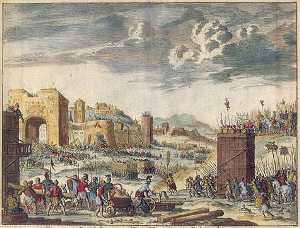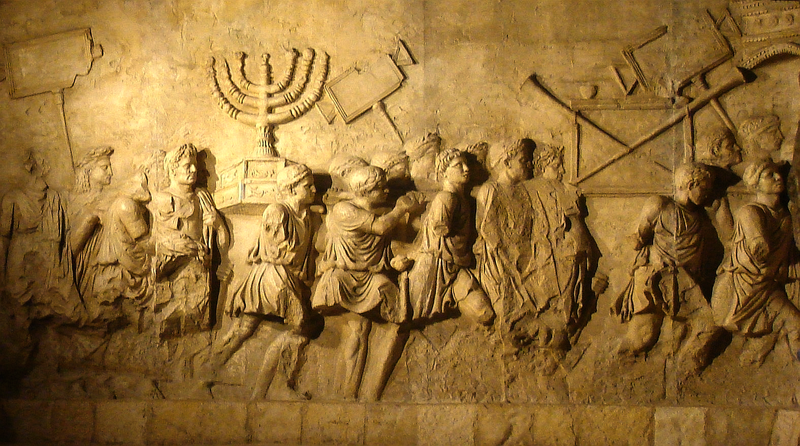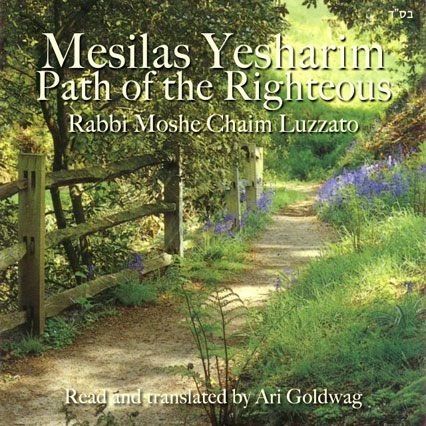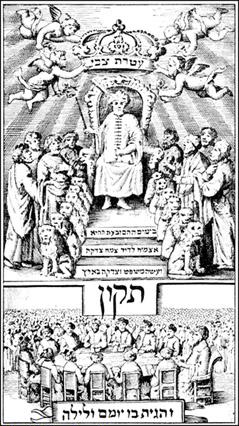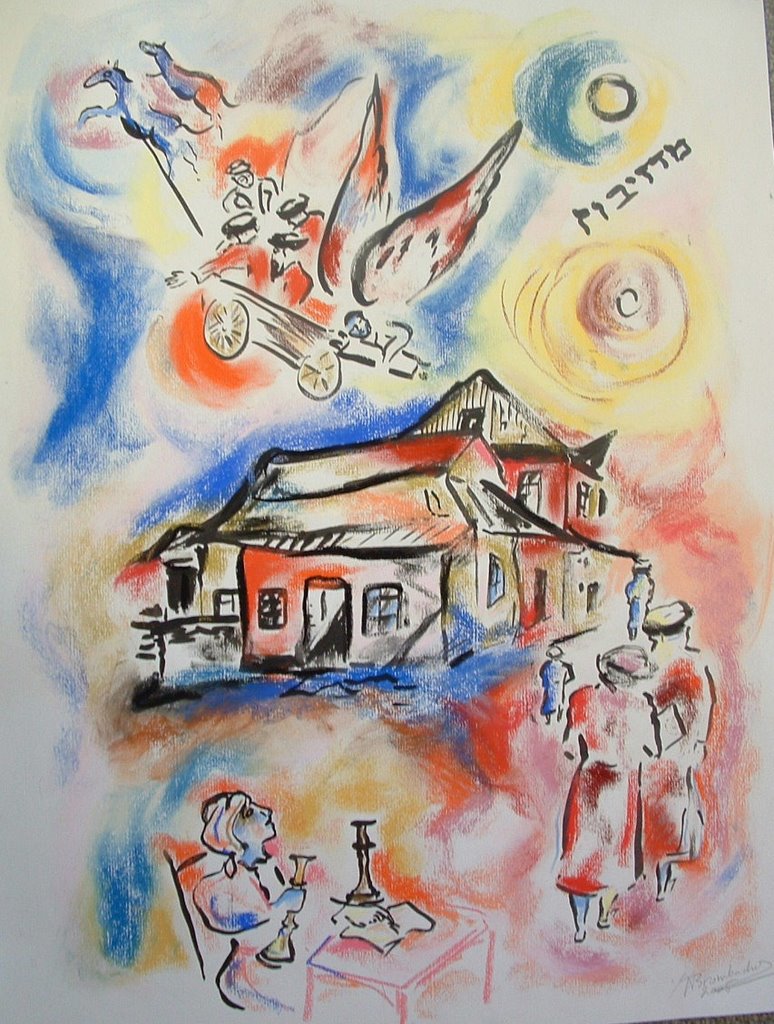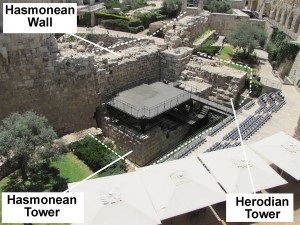
At the end of the Jewish quarter, there are ruins of a Hasmonean fortress tower that apparently marked the western border of Jerusalem in the second century before the Common Era. The Hasmonean kings were vitally and understandably interested in fortifying Jerusalem. The Syrian Greeks who were defeated by the Hasmoneans in the Chanukah war did not disappear and remained a threat to the Jewish kingdom. The new and powerful Roman Empire loomed as a threat to the small state. Fortifications and defense measures, security concerns and other arrangements were certainly in order.
Looking at the massive foundation of stones of the Hasmonean tower, one wonders what really brought down the Hasmonean kingdom and led to the destruction of the Second Temple and the loss of Jewish sovereignty in the Land of Israel for almost two millennia? The true cause had little to do with the strength of the fortifications or the solidity of the defensive towers.
The Hasmonean kingdom fell because of its internal divisions. The civil war between the two Hasmonean brothers – Hyrkanos and Aristobulus – over the right of succession to their father’s throne, the prejudice against the Torah scholars (official policy of the previous Hasmonean rulers), the mistaken belief in the mass conversion of thousands of Idumeans who were not really committed to living a Jewish lifestyle, and the misplaced and fatally erroneous policy of trusting Rome to protect Jewish interests and independence in the Land of Israel all conspired to bring down the Hasmoneans.
The Hasmoneans who triumphed because of faith and loyalty to the Torah and Jewish values fell when they deserted those causes and cast their lot with the then-prevailing cultures and societal norms.
Maimonides in Mishnah Torah at the conclusion of his review of the laws of Chanukah states as follows: “If one has only one candle for the Sabbath candle and thereby will not be able to light a Chanukah candle, the Sabbath candle for the home takes precedence because the Sabbath candle represents peace in the household and we say that God allows His name to be erased in order to help bring about peace in the household. Great is the value of peace for the entire Torah was given in order to advance the value of peace throughout the world, for it is written that ‘Its paths are the ways of pleasantness and all of its roads are to lead to peace.’”
Chanukah celebrates war victories and courageous fighting. But Maimonides states that even though war is sometimes unavoidable and necessary, the goal of Judaism is to advance the value of peace throughout the world and that this is the Torah’s overriding value in addressing life. The task of the truly religious person is to reconcile and conciliate and not to divide and cause quarrels, divisions and enmity. “Great is the value of peace.”
The Hasmoneans left us two different memorials. One is the great holiday of Chanukah and the other is the ruins of the great defensive towers meant to preserve their kingdom and rule. The lights of Chanukah represent a unity of purpose, an ability to subdue personal pettiness and ego for the advancement of the common good. They symbolize a loyalty to Jewish tradition, a love for Torah and its scholars and teachers, a self-reliance and faith that encourages Jewish pride and identity and an optimistic view of life and the future.
The fortress mentality represents the unnecessary ideological and social division within the nation. None of the defensive towers that we build, no matter how mighty they may appear to be, will be sufficient in the long run to guarantee our security and survival. Rather, it is the lights of Chanukah and the values they symbolize that will carry the day for us.


